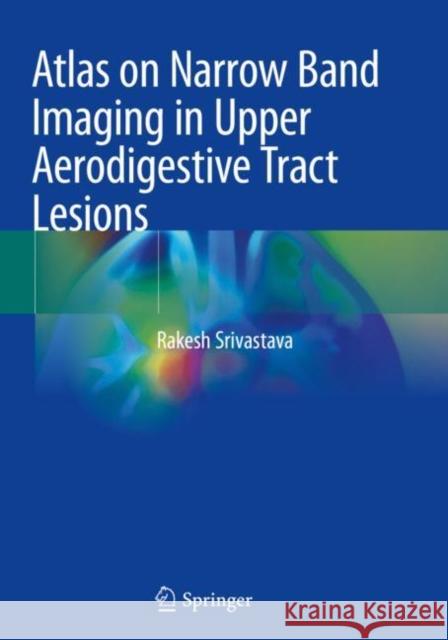Atlas on Narrow Band Imaging in Upper Aerodigestive Tract Lesions » książka
topmenu
Atlas on Narrow Band Imaging in Upper Aerodigestive Tract Lesions
ISBN-13: 9789811367502 / Angielski / Miękka / 2020 / 82 str.
Atlas on Narrow Band Imaging in Upper Aerodigestive Tract Lesions
ISBN-13: 9789811367502 / Angielski / Miękka / 2020 / 82 str.
cena 403,47
(netto: 384,26 VAT: 5%)
Najniższa cena z 30 dni: 385,52
(netto: 384,26 VAT: 5%)
Najniższa cena z 30 dni: 385,52
Termin realizacji zamówienia:
ok. 22 dni roboczych.
ok. 22 dni roboczych.
Darmowa dostawa!
Kategorie BISAC:
Wydawca:
Springer
Język:
Angielski
ISBN-13:
9789811367502
Rok wydania:
2020
Wydanie:
2019
Ilość stron:
82
Oprawa:
Miękka
Wolumenów:
01











